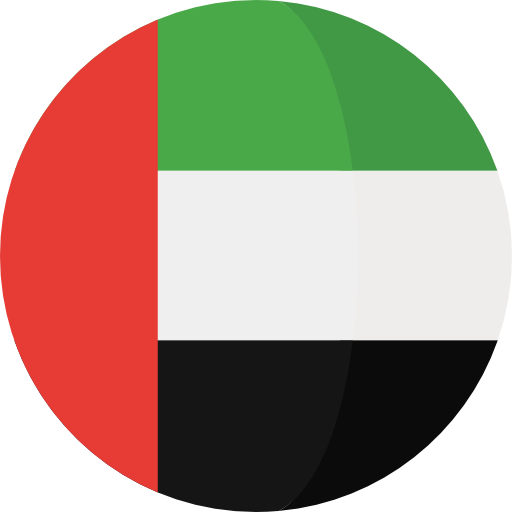Nish Filter Coffee Indonesia Java
The past of coffee in Indonesia dates back to the times when Arabica coffee came to the Java coast in 1699. Today, the name of the island is almost always known with coffee. Although most of the production in the region has been in Robusta coffee throughout history, the farms and exporters in Indonesia have received Arabica demand from the world and tried to direct Arabica demand to Robusta Coffee as much as possible. Java now produces very high quality coffees and grows the highest quality coffee beans for export at the Blawan farm, which belongs to the state.
Almost all of the Arabica coffee in Java are produced on 5 state -owned large farms. These farms are all located on the Ijen plateau at about 1300 meters; Blawan (Berawan, Blaoan), Jampit (Djampit), Pancoer (Beet), Kayumas and Tugosari farms. These farms were founded more than 100 years ago when the country was more Dutch colony. With the independence of Indonesia after the First World War, the government started to manage a unit called PTP by returning its large Arabica cultivation areas by returning to life. In these farms, 85 % of Java's total coffee production is realized. Only the Blawan Farm produces 1500 tons of green coffee per year.
Coffee from publicized PTP farms (especially from Blawan and Jampit farms) are grown at higher altitude and gains unique features thanks to the micro climate, rich volcanic soil, processing method. Growing on PTP farms, including this coffee from Blawan, Java has a rare feature in Indonesia; These coffees are fully washed. The result is a excellent, full -body coffee ...
This coffee with a pleasant drink and full -bodied body with elderberry flower and black Frankish notes is a good option for espresso, as well as good results in filter coffees.
Brewing methods
Filter coffee machine
Chemex
V-60
Aeropress
Wood Neck
French Press
Core identity
Origin: Java, Indonesia
Region: Bondowoso, Ijen Plateau
Core Type: Arabica Typica and Catimor Mix
Altitude: 1100 - 1500 m
Process: Naturel
Harvest: December-January
Body: smooth
Acidity: high
Hardness: soft body, floral and wine finish.
Aroma: caramel
Tasting Notes: Light Flowers, Creamy, Milk Chocolate Base
My drink: creamy taste of mouth full of coffee, sharp acidity and wine finish
The recommended water temperature is between 80 - 93 degrees. Keep the product in its own valve packaging. The recommended consumption date is located on the packaging.
















































 TURKEY HQ
TURKEY HQ MEA OFFICE
MEA OFFICE NETHERLANDS OFFICE
NETHERLANDS OFFICE GERMANY OFFICE
GERMANY OFFICE USA OFFICE
USA OFFICE SAUDI ARABIA OFFICE
SAUDI ARABIA OFFICE









